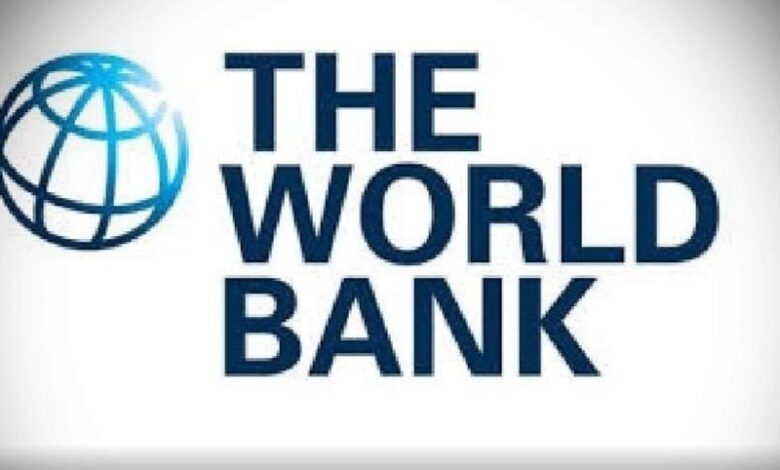
The European Central Bank (ECB) plans to raise interest rates from historic lows in order to counter record high inflation fueled by the war in Ukraine.
ECB kept rates unchanged in today’s meeting but confirmed plans to hike rates when it next meets in July. It said today it is looking at a 0.25% increase next month.
“The Governing Council intends to raise the key ECB interest rates by 25 basis points at its July monetary policy meeting. In the meantime, the Governing Council decided to leave the interest rate on the main refinancing operations and the interest rates on the marginal lending facility and the deposit facility unchanged at 0.00%, 0.25% and -0.50% respectively. Looking further ahead, the Governing Council expects to raise the key ECB interest rates again in September,” ECB said in an announcement Thursday adding that “beyond September, based on its current assessment, the Governing Council anticipates that a gradual but sustained path of further increases in interest rates will be appropriate.”
The announcement comes as annual inflation among the 19 countries that use the euro reached 8.1% in May, an all-time high.
“High inflation is a major challenge for all of us. The Governing Council will make sure that inflation returns to its 2% target over the medium term,” said ECB.
The European Central Bank also significantly cut its eurozone growth outlook compared to its March projections. It now expects annual real GDP growth at 2.8% in 2022 and 2.1% in 2023. In its March meeting it had projected that the economy would grow at 3.7% in 2022 and 2.8% in 2023.
“Russia’s unjustified aggression towards Ukraine continues to weigh on the economy in Europe and beyond. It is disrupting trade, is leading to shortages of materials, and is contributing to high energy and commodity prices. These factors will continue to weigh on confidence and dampen growth, especially in the near term,” said ECB. “Once current headwinds abate, economic activity is expected to pick up again.”




